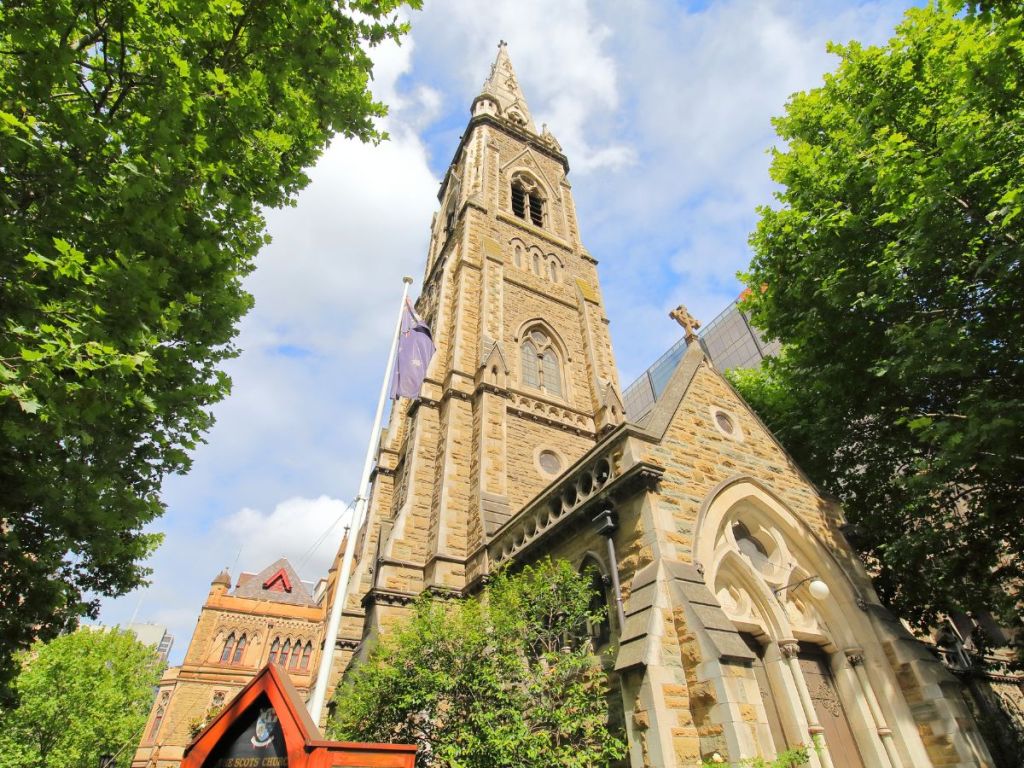“We are committed to mainstream science; we are not anti-science.”
Rev. Dr. Chris Mulherin, director of ISCAST–Christians In Science and Technology (“ISCAST”) wants to dispel the stereotype that Christians are inherently against technological advancements, and that science and faith are in conflict with one another.
Thus, in what would be the first large-scale event of its kind in Melbourne, ‘AI x Christianity: Gospel Wisdom For an AI World’, a panel that will be held at Melbourne CBD’s Scots’ Church on March 16, will seek to find a common ground between religion and AI.
“We’re committed to a harmony between science and Christian faith. AI raises questions that science cannot answer, and that’s why it is important to have a conversation about ethics and values. Where AI should go, where it shouldn’t go, and so on,” Mulherin explained.
In other words, future technologies like AI, ChatGPT, and LLMs enable us to produce marvellous creations. But these same tools aren’t able to illuminate to us why they should not be used for, say, celebrity deepfakes.
“Science is brilliant at possibilities but it has to be framed in a discussion about values, ethics, and morality,” Mulherin added.
Christian faith and AI
In fact, one could say that the AI x Christianity ‘town hall discussion’ is a continuation of a similar panel held last year by the organisation on transhumanism. However, with AI’s continued acceleration, Rev. Dr. Mulherin stressed that it is more important than ever to reignite these discussions. How does one approach AI from a biblical perspective? How can we use AI with godly wisdom?
“Christian belief about what a human being is is fairly clear. For example, Christians believe that man is made ‘in the image of God’, and that comes with responsibility. We also believe that the body, mind, and soul are very much part of who we are as humans.”
“There’s also the Christian life purpose of doing good; love God and love thy neighbour and so on.”
Science and technology, on the other hand, view the human body as mere ‘hardware’ and ‘software’ that can be picked apart and programmed.
“I guess that’s a false view of what a human being is,” Mulherin stated.
ISCAST in Melbourne
ISCAST’s members are some of the most prestigious figures in Australia’s scientific community. Graeme Clark, inventor of the bionic ear, is a patron of ISCAST.
For the upcoming March panel, speakers include Professor Neil Dodgson from New Zealand, who is an authority in mathematics, engineering, and computing and spent 27 years at Cambridge University. Special guest Adrian Tam, the Oceania regional manager for global Christian tech community FaithTech will also be in attendance.





